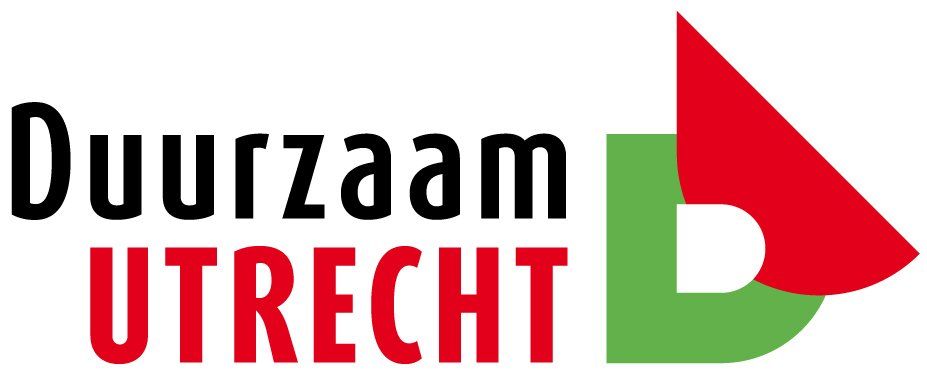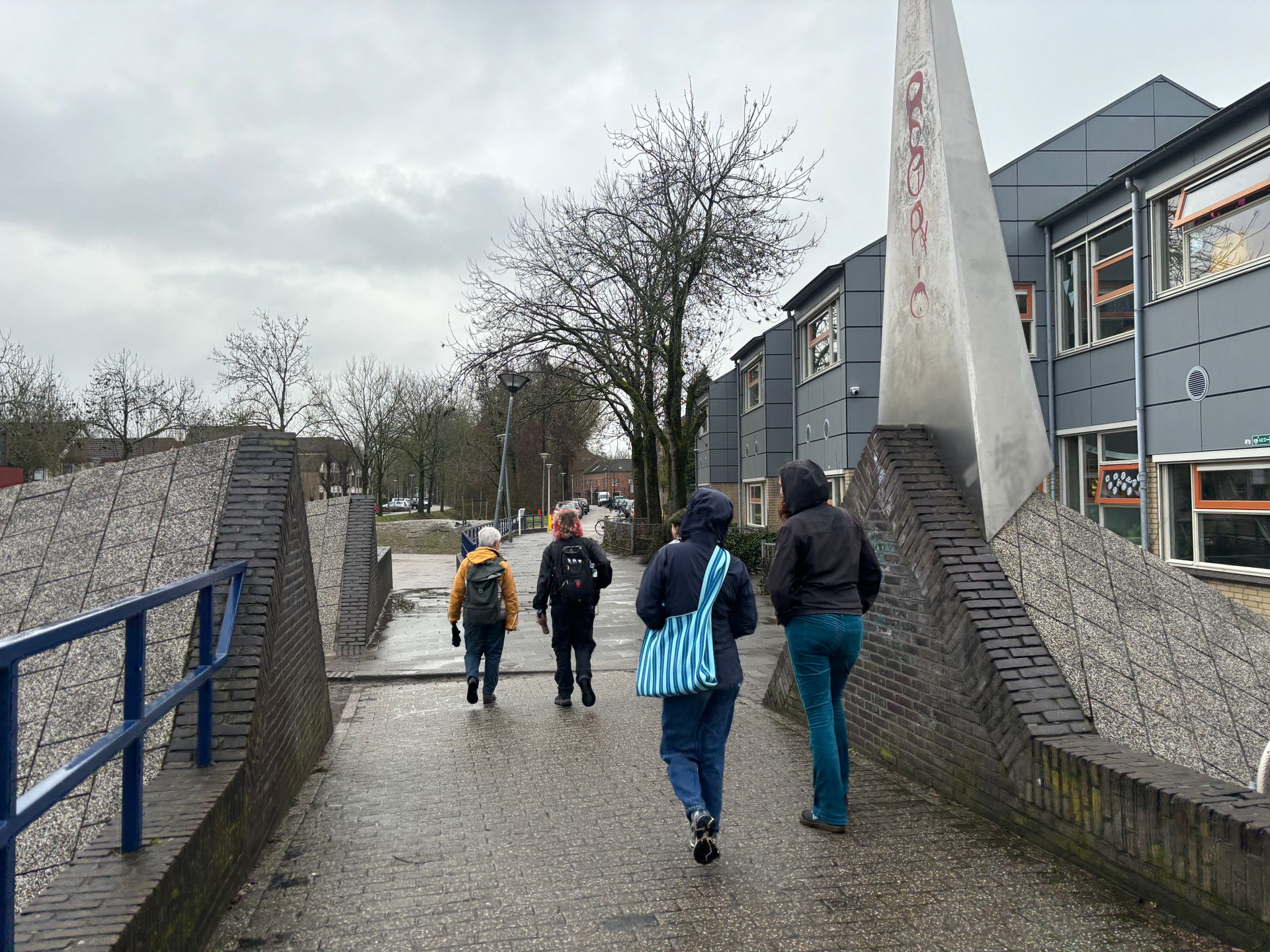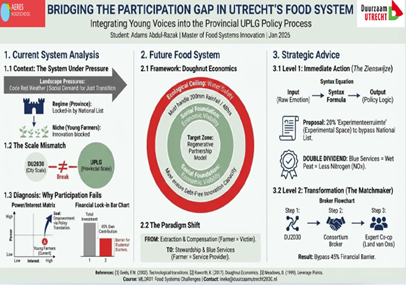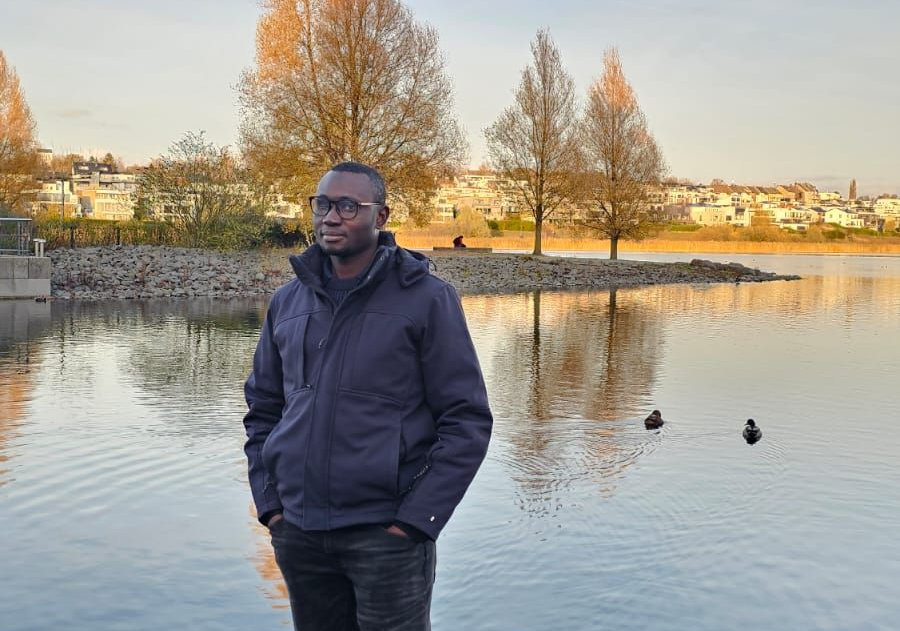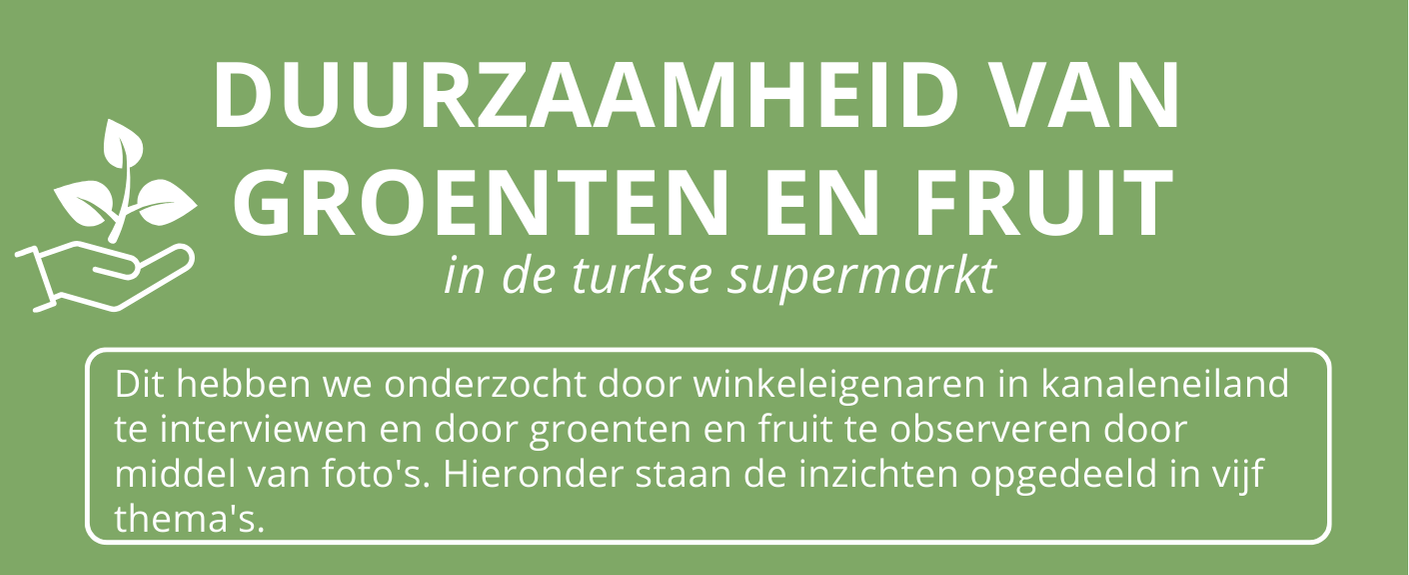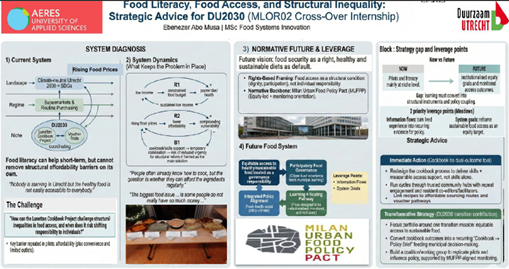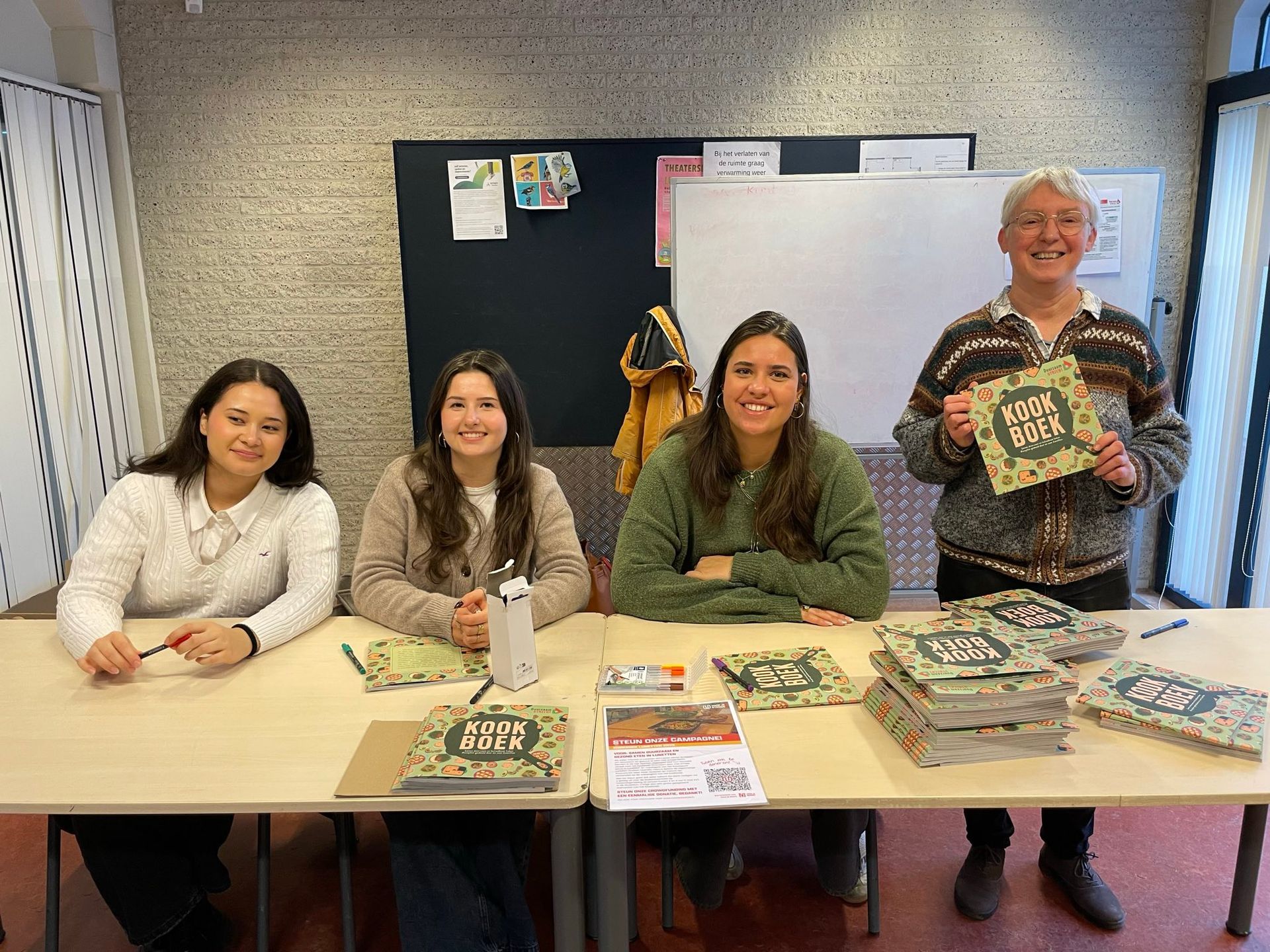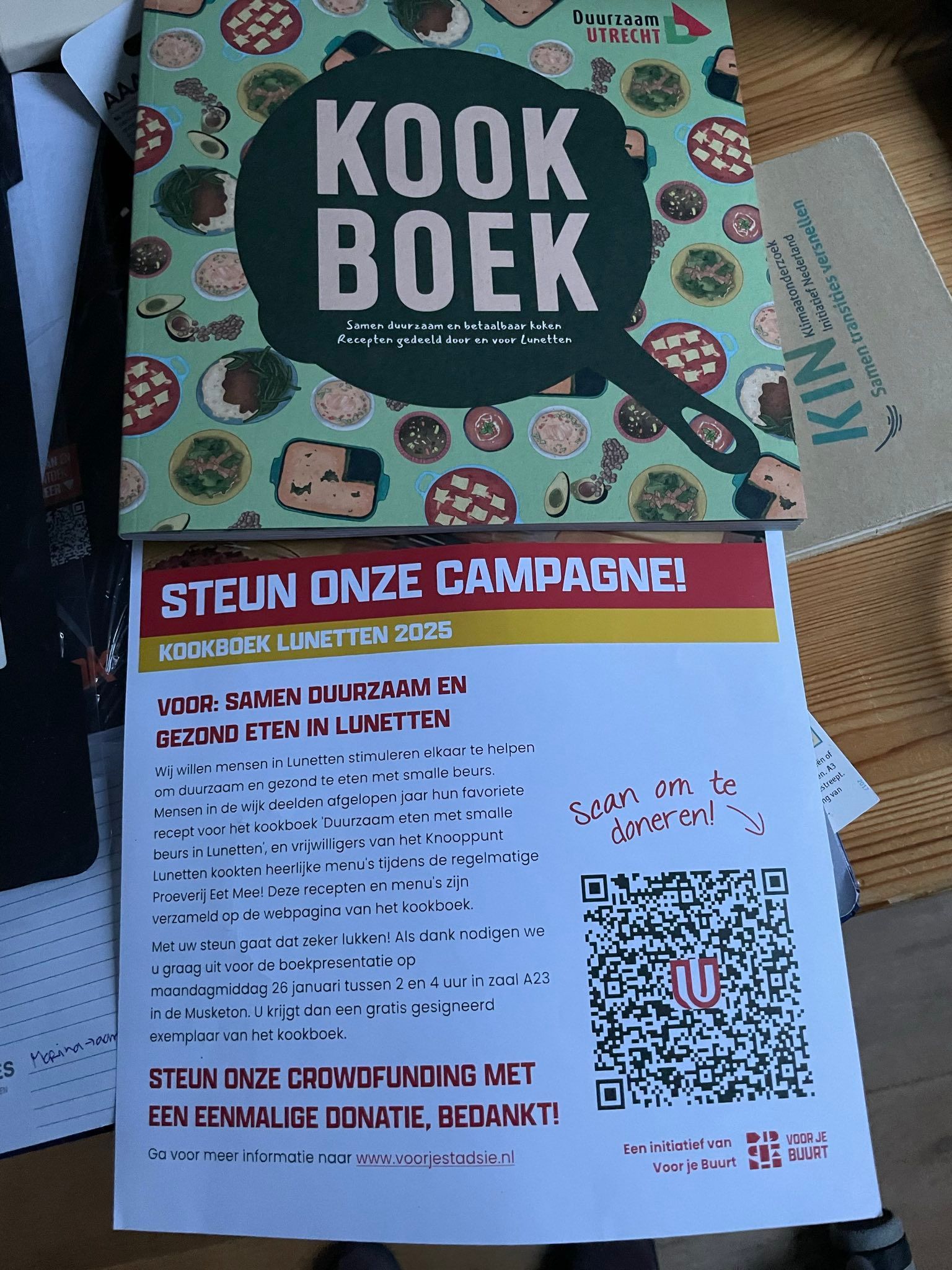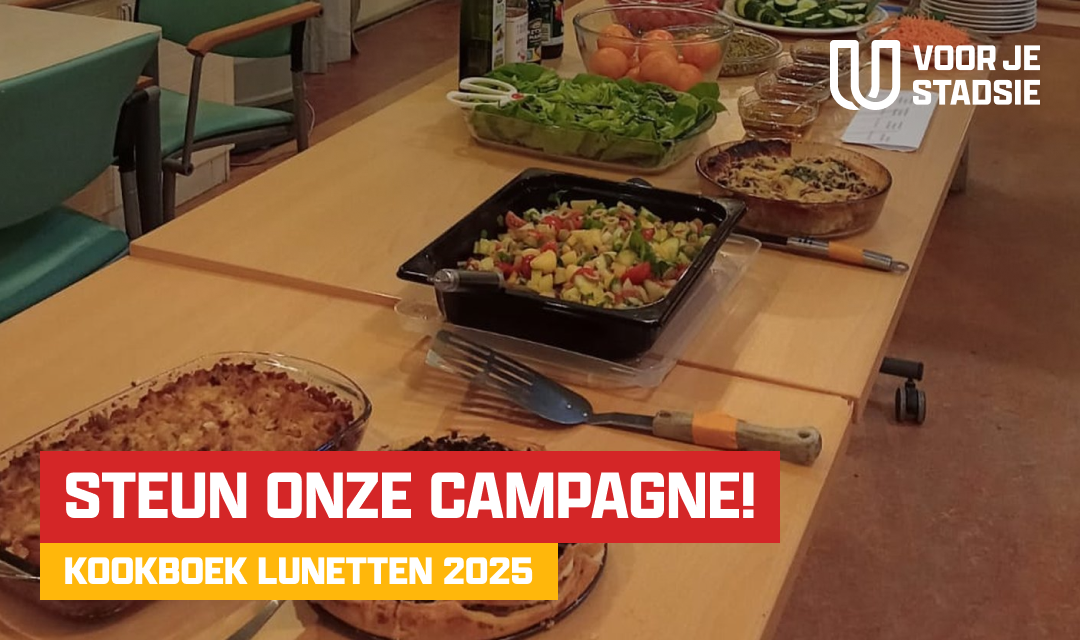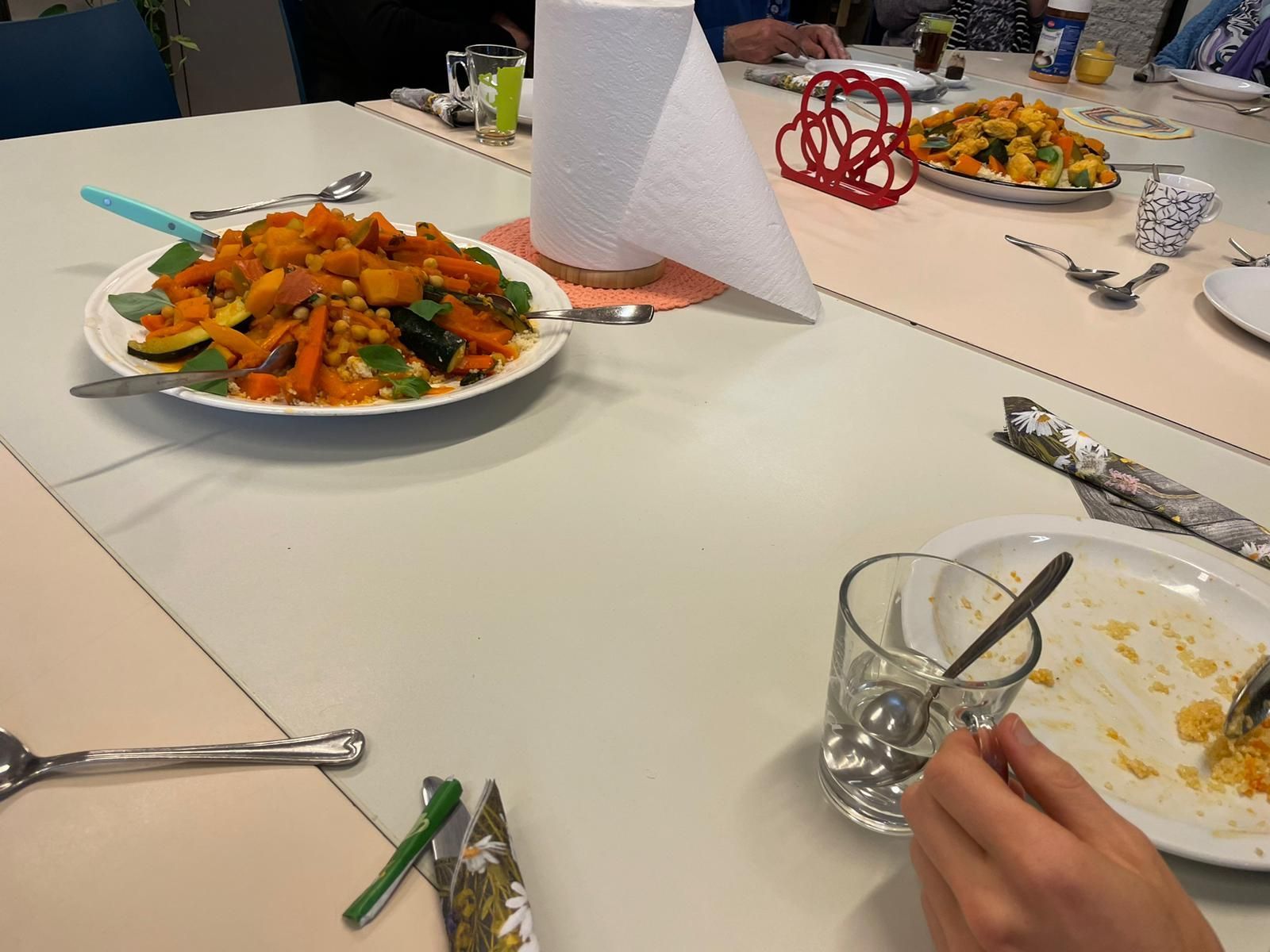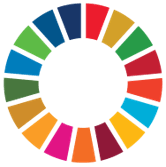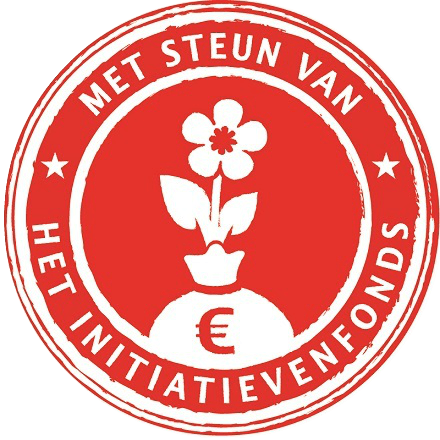Houd eten vers in bijenwasdoekjes
Leef duurzaam, ook met een smalle beurs

Dinsdagochtend 11 oktober leerden de dames van Stichting Limoenz een tiental bezoekers van hun weggeefwinkel hoe je zelf bijenwasdoekjes kunt maken van oud beddengoed. Evenveel andere bezoekers kregen een doekje mee om uit te proberen. De doekjes zijn ideaal om kaas of boterhammen te verpakken. Een portie fruit of een restje eten blijft ook heel lang goed. Zo kun je voedselverspilling en plastic verpakkingsafval tegengaan en textiel hergebruiken. Als je minder weggooit, houd je ook nog geld over.
Tuinieren, groente en fruit
Bij een kopje koffie of thee deelden bezoekers bovendien hun eigen tips om duurzaam te leven met een smalle beurs. Bij de stadsboerderij en buurtbewoners met fruitbomen kun je momenteel goedkoop fruit kopen of zelf plukken. Iemand bezocht de appelplukdagen bij een boomgaard in de buurt. Daar was het heel druk. Bij de biologische boerderij Koningshof hebben ze veel broeikassen en bakken ze zelf brood. Ook in Rhijnauwen is een grote biologische tuinderij met kiwi’s die tegen een zonnige muur groeien. Ze verkopen groenten en fruit aan winkels. Iemand werkte met licht verstandelijk gehandicapten op een pluktuin bij het Beatrixpark (fort 4), met veel bloemen en een imker in de buurt, die honing verkoopt. Er lopen ook drie Vlaamse Reuzen rond. Je kunt er je fiets laten repareren. Er zijn ook walnoten die eekhoorns aantrekken, en tamme kastanjes en aardappelen. Er liepen kippen los, maar honden beten ze dood. Eigenaren letten niet goed op hun hond als ze deze uitlaten.
Vroeger hadden de ouders van een bezoekster een eigen groentetuin in de Johannapolder. Moeder wiedde het onkruid en vader hield van bloemen. Ze vindt de chrysanten tegenwoordig minder sterk, het zijn echt kasplantjes! Zelf heeft ze de tuin van een buurvrouw onkruidvrij gehouden, maar omdat ze op leeftijd raakt, wil ze zich beperken tot haar eigen tuin, met onder andere een kruisbes en een vlinderstruik. Wie tegels in de tuin heeft, kan licht verstandelijk gehandicapten vragen om ze te wippen.
De vader van een ander werkte op het land. Daar stond de hele dag een kan koude thee voor als je dorst had. De Ice tea uit de supermarkt is duur. Ze zet ’s morgens thee en bewaart die de hele dag in een tweedehands thermoskan. Sommigen gebruiken een theezakje twee keer, of warmen koude thee of koffie op in de magnetron.
Weer een ander heeft zelf een piepklein tuintje, en omdat ze graag in de tuin werkt, heeft ze in de zomer de plantjes in de tuin van Limoenz water gegeven.
Kledingtips
Een dame koopt altijd tweedehands kleding, terwijl een ander kleding voor haarzelf of anderen maakt met lappen van de lapjesmarkt. Ze bestempelt ze met aardappelstempels en textielverf. Nieuwe kleding is in de opruiming ook betaalbaarder. Er zijn steeds meer winkels waar je vintage kleding kunt kopen, echt oude tweedehands kleding die lang mooi blijft. Mensen brengen steeds kleding en spullen mee voor de weggeefwinkel. Een mevrouw brengt verkleedkleding mee. Ze ruimt op omdat ze gaat verhuizen. Welke kleding je kunt dragen hangt ook af van waar je bent. Een dame komt regelmatig in Marokko, waar te korte rokken niet geaccepteerd worden. Een ander heeft bij familie in Spanje gewoond, waar weer andere kleding gedragen wordt.
Wat kan beter?
Iemand heeft tochtband in huis gehaald, maar ziet er tegenop om het tegen de kieren rond de ramen te plakken. De regiotaxi voor mensen die minder mobiel zijn moet je nu een dag van te voren reserveren. Daarmee wordt deze minder handig in het gebruik.
Naar een duurzame samenleving
Mensen willen kleding liever niet strijken. Kunnen bedrijven een stof op de markt brengen die duurzaam is en niet kreukt? Katoen is slecht voor het milieu vanwege de bestrijdingsmiddelen die gebruikt worden. Viscose is wel niet 100% natuurlijk, maar kreukt bijna niet. Kleding in de badkamer hangen tijdens het douchen helpt ook tegen kreuken.
Vraag woningcorporaties zonnepanelen op de daken te leggen voor stroom en warm water en de elektriciteit in de wijk op te slaan in batterijen, in plaats van het terug te leveren aan het net.
De overheid zou boeren moeten helpen biologisch dynamisch te worden in plaats van ze uit te kopen.
Lees meer over Duurzaam Utrecht 2030 op de website.


